Five years after his death, Diego Maradona’s family demand justice
Argentine football legend’s medical team accused of negligent homicide and will stand trial – again – next year
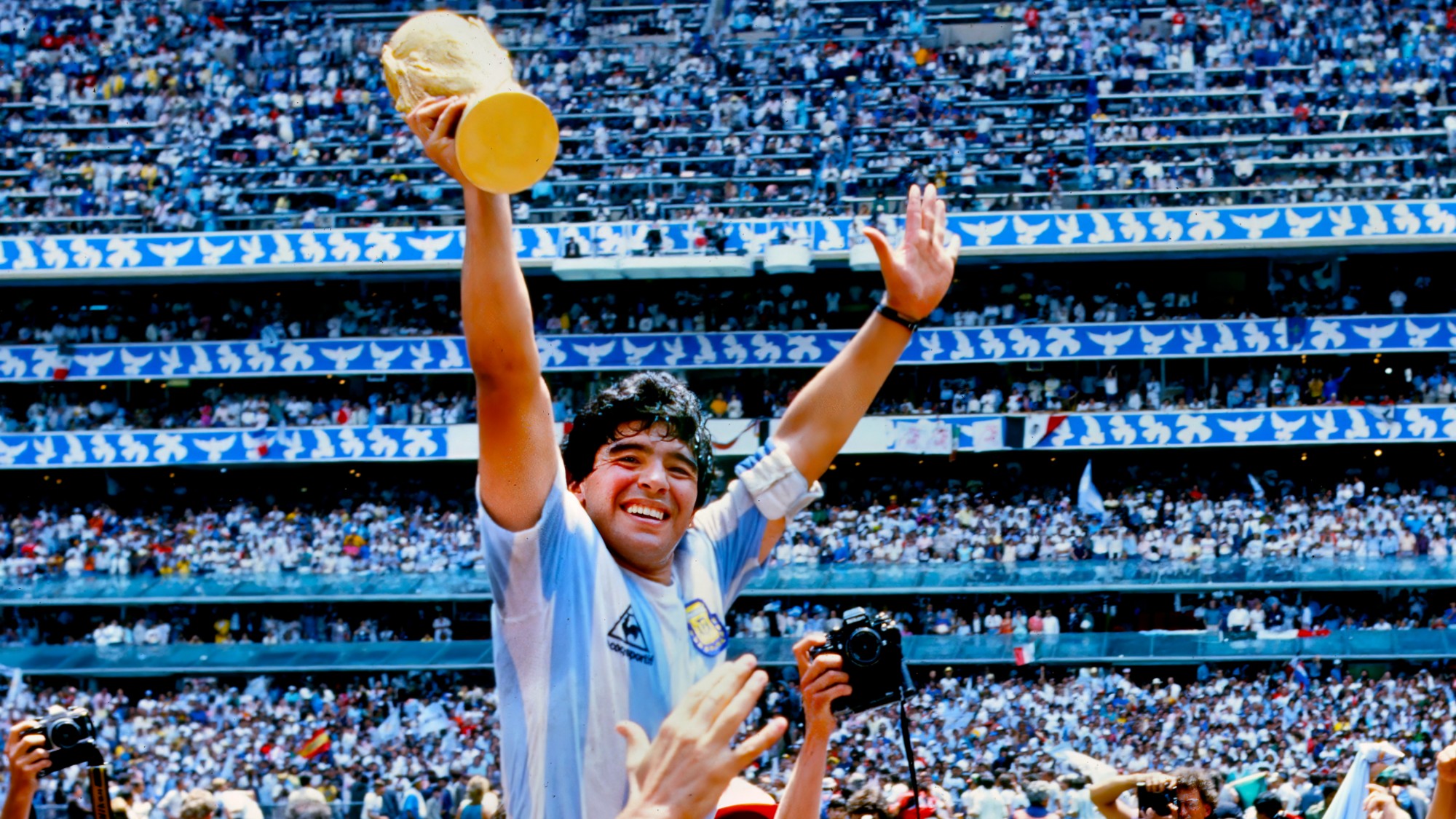
A free daily email with the biggest news stories of the day – and the best features from TheWeek.com
You are now subscribed
Your newsletter sign-up was successful
There’s no disputing that Diego Maradona was one of the world’s greatest footballers. But it’s still hotly debated whether or not the Argentine star’s death, five years ago this week, could have been prevented.
Maradona’s family believes it should have been. They are “demanding justice so that he can rest in peace”, said El País. A second trial of seven health professionals, accused of negligent homicide relating to the former footballer’s death at the age of 60, will begin in March, after the first trial dramatically collapsed earlier this year.
Died ‘practically alone’
Maradona, captain of Argentina’s 1986 World Cup-winning team, died in a rented house just outside Buenos Aires on 25 November 2020. He was recovering from surgery to remove a blood clot from his brain. “The news that his heart had stopped beating plunged Argentina into collective grief,” said El País.
The Week
Escape your echo chamber. Get the facts behind the news, plus analysis from multiple perspectives.

Sign up for The Week's Free Newsletters
From our morning news briefing to a weekly Good News Newsletter, get the best of The Week delivered directly to your inbox.
From our morning news briefing to a weekly Good News Newsletter, get the best of The Week delivered directly to your inbox.
“No one was prepared,” said CNN. In Argentina, the pain was “atrocious”. His death “managed to unite in desolation a country deeply divided”. Hundreds of thousands attended his funeral, in the middle of the Covid-19 pandemic. “Adults cried like children”, and the sounds of their weeping mixed with the noise of disturbances – “shouts from the police and hooligans”. His funeral “resembled his life: it was chaos”.
Maradona had “dodged death so many times” during decades of cocaine and alcohol addiction. He seemed to have “indestructible genetics”. But “one of the most famous human beings on the planet” died “practically alone, under medical care that is suspected of being, at the very least, deficient”.
Seven doctors and nurses were accused of “homicide with possible intent”: pursuing a course of action despite knowing it could lead to the patient’s death. Prosecutors alleged that the medical attention Maradona received was grossly negligent. Gianinna Maradona, one of his daughters, said the doctors had promised “serious home care” but what ensued was “a disastrous charade”.
‘Treated like an animal’
The case against the medical team centres on the decision to allow Maradona to recuperate from brain surgery at home “with minimal supervision and medical equipment, instead of a medical facility”, said The Guardian.
A free daily email with the biggest news stories of the day – and the best features from TheWeek.com
The original trial “exposed chilling claims about the footballer’s death”, said The Sun, including allegations that he was “treated like an animal” by his medics. Chief prosecutor Patricio Ferrari said Maradona spent his last days in a “house of horror”. He “shocked the room” with a “grim” photo of Maradona “lying on his back with his bloated stomach exposed”.
The post-mortem report concluded that Maradona had died from acute pulmonary oedema secondary to an acute exacerbation of chronic heart failure. His heart, the court was told, weighed “more than twice the normal size.”
Maradona had suffered at least 12 hours of extreme pain before dying, one of the experts who performed the post-mortem examination told the court. His heart “was completely covered with fat and blood clots, which indicate agony”, said forensic medic Carlos Cassinelli. He had “been collecting water” for days; this was “something foreseeable. Any doctor examining a patient would find this.”
But, months in, the trial dramatically collapsed in scandal. One of the three judges had secretly authorised recordings of legal proceedings for “Divine Justice”, a documentary about the case that would feature her as the star. Julieta Makintach recused herself, and the two remaining judges chose to annul the trial rather than replace her. This month, Makintach was fired and disqualified from holding any judicial position in the future.
The defendants, who deny all the accusations, will stand trial again in March. If they are found guilty, they face a maximum penalty of 25 years in prison.
Maradona continues to captivate Argentina. Banks have issued a special silver coin ahead of the 2026 World Cup, commemorating his so-called “Goal of the Century” against England in the quarter-finals of the 1986 World Cup.
Harriet Marsden is a senior staff writer and podcast panellist for The Week, covering world news and writing the weekly Global Digest newsletter. Before joining the site in 2023, she was a freelance journalist for seven years, working for The Guardian, The Times and The Independent among others, and regularly appearing on radio shows. In 2021, she was awarded the “journalist-at-large” fellowship by the Local Trust charity, and spent a year travelling independently to some of England’s most deprived areas to write about community activism. She has a master’s in international journalism from City University, and has also worked in Bolivia, Colombia and Spain.
-
 Political cartoons for February 15
Political cartoons for February 15Cartoons Sunday's political cartoons include political ventriloquism, Europe in the middle, and more
-
 The broken water companies failing England and Wales
The broken water companies failing England and WalesExplainer With rising bills, deteriorating river health and a lack of investment, regulators face an uphill battle to stabilise the industry
-
 A thrilling foodie city in northern Japan
A thrilling foodie city in northern JapanThe Week Recommends The food scene here is ‘unspoilt’ and ‘fun’
-
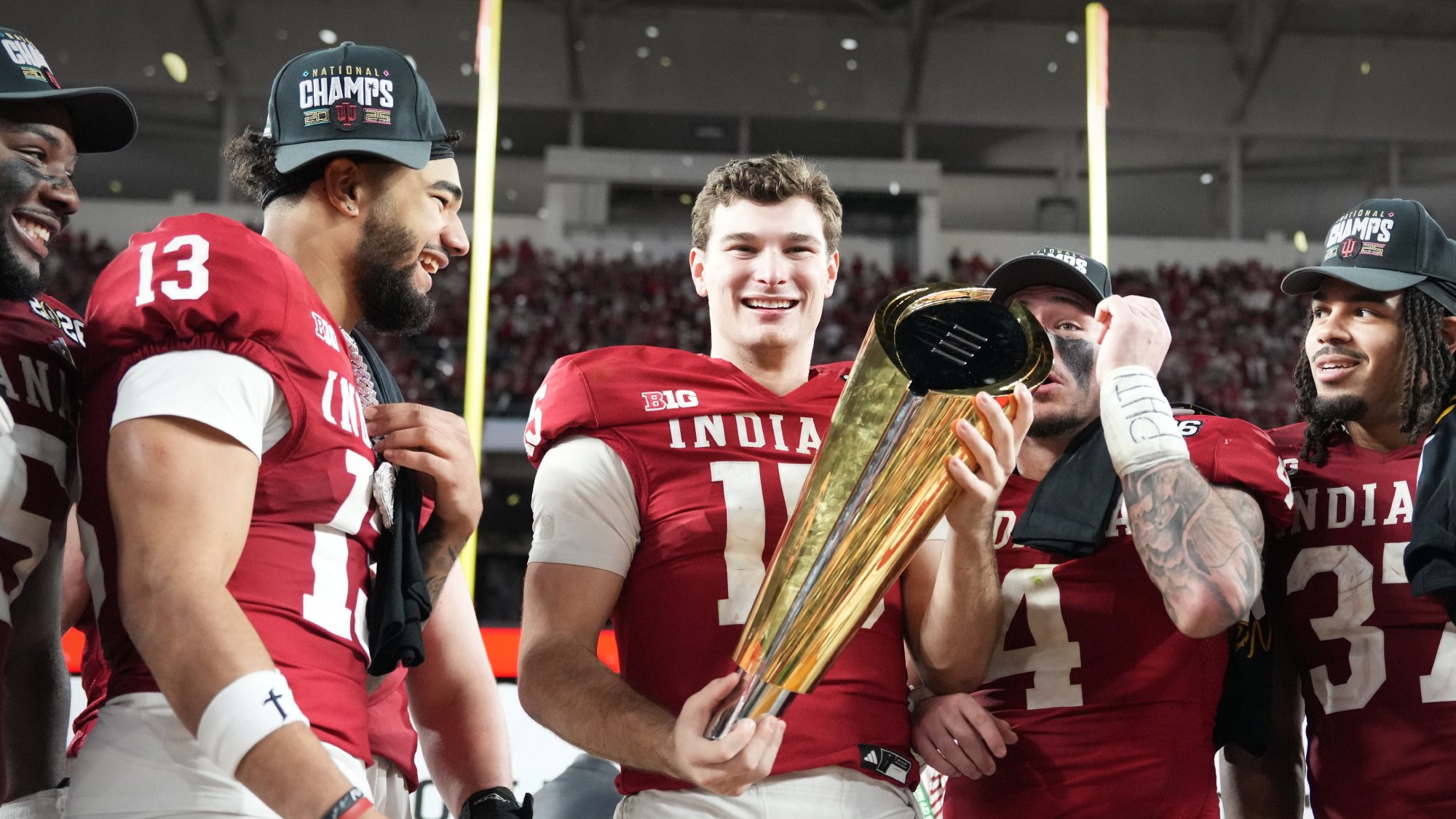 Indiana beats Miami for college football title
Indiana beats Miami for college football titleSpeed Read The victory completed Indiana’s unbeaten season
-
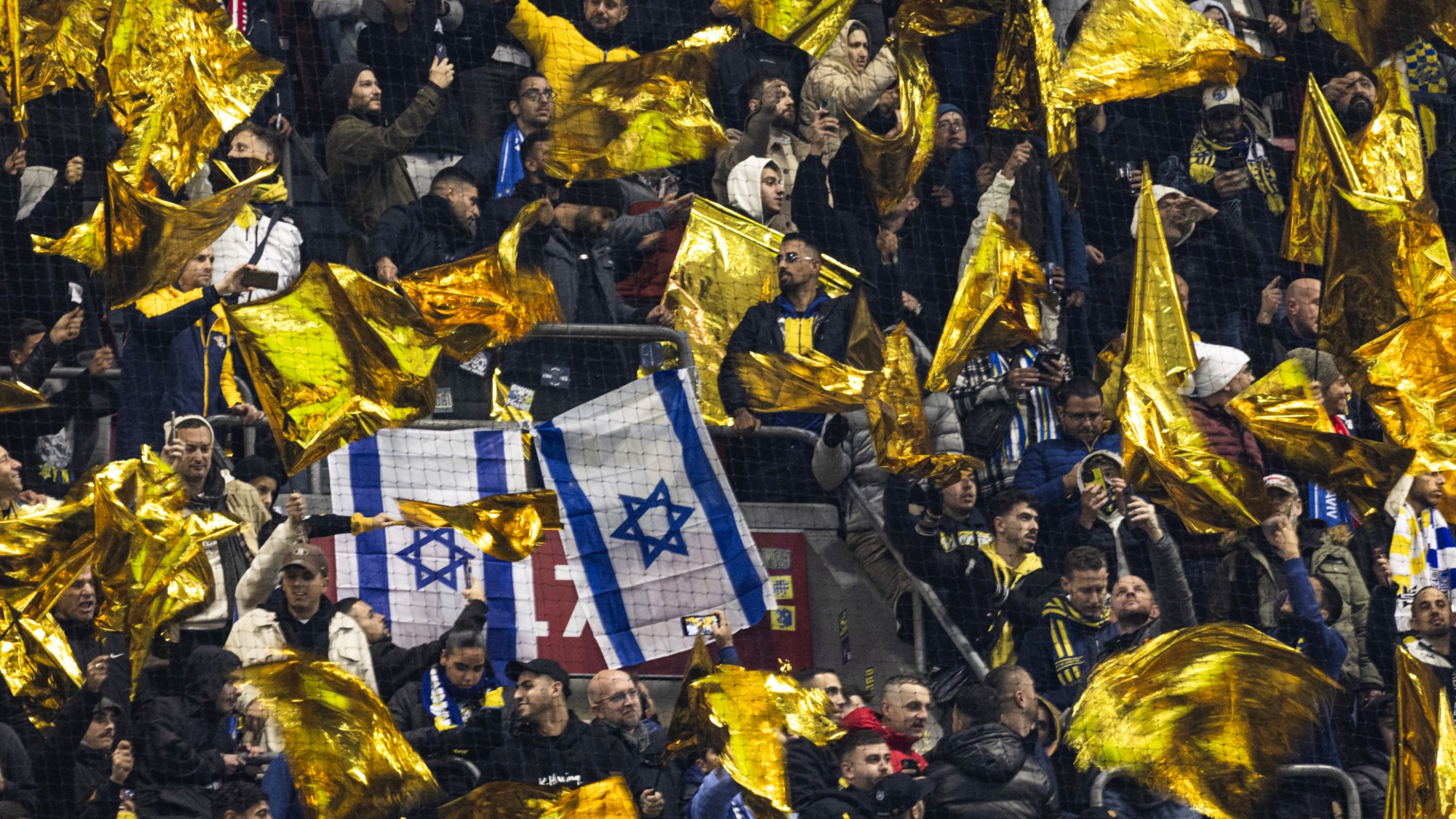 Who is to blame for Maccabi Tel Aviv fan-ban blunder?
Who is to blame for Maccabi Tel Aviv fan-ban blunder?Today’s Big Question MPs call for resignation of West Midlands Police chief constable over ‘dodgy’ justification of ban from Aston Villa match, but role of Birmingham Safety Advisory Group also under scrutiny
-
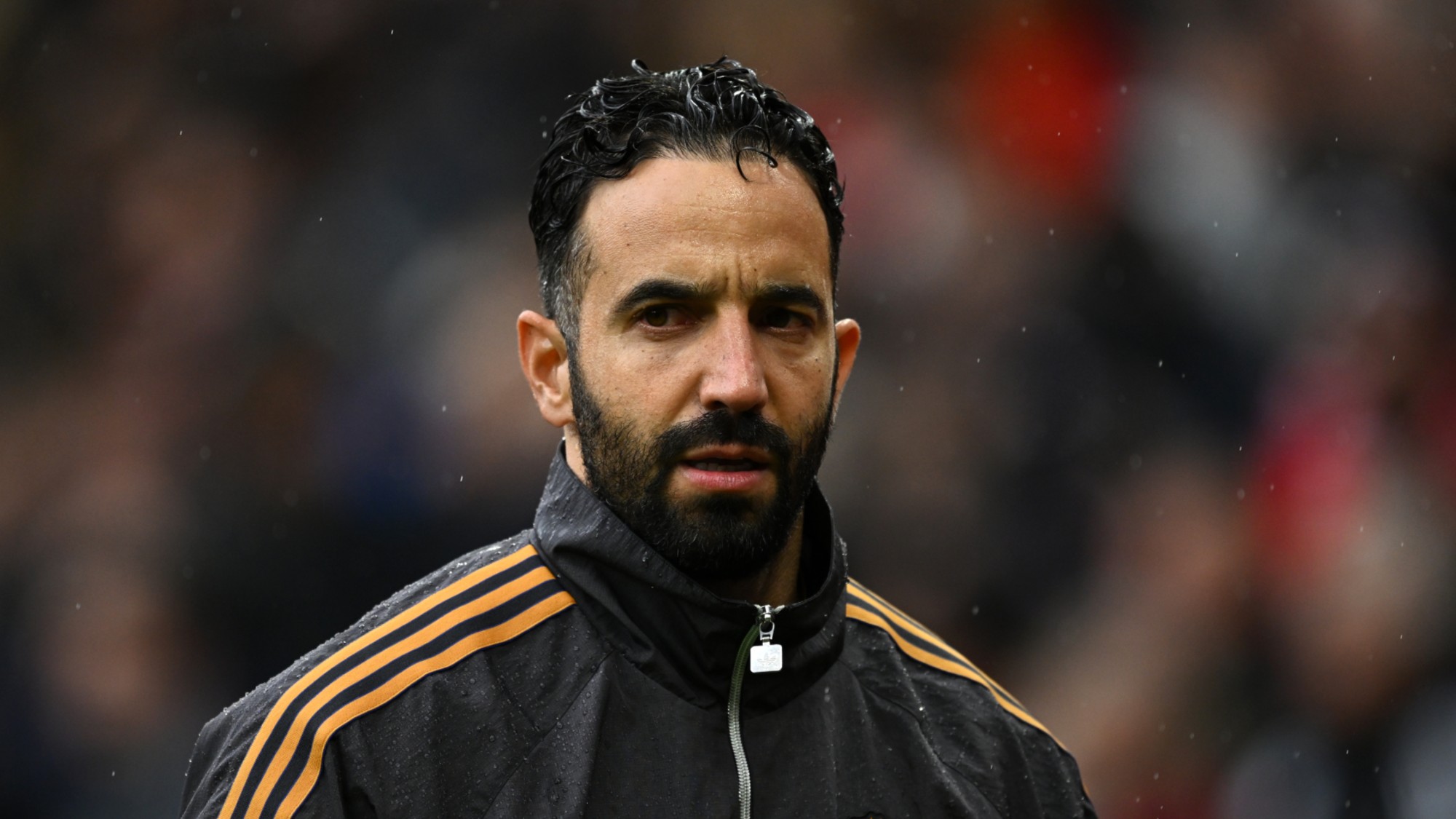 Amorim follows Maresca out of Premier League after ‘awful’ season
Amorim follows Maresca out of Premier League after ‘awful’ seasonIn the Spotlight Manchester United head coach sacked after dismal results and outburst against leadership, echoing comments by Chelsea boss when he quit last week
-
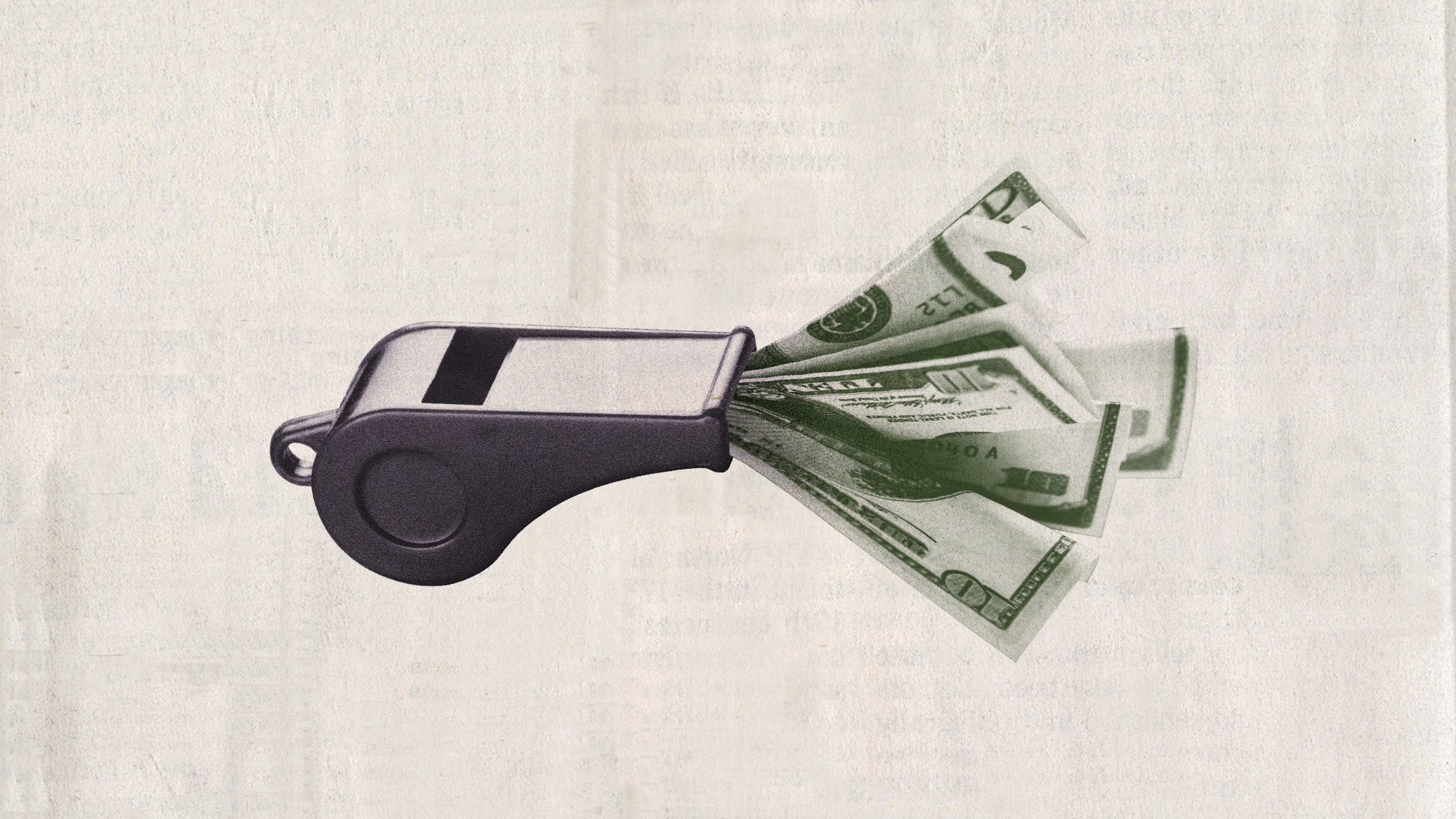 Coaches’ salary buyouts are generating questions for colleges
Coaches’ salary buyouts are generating questions for collegesUnder the Radar ‘The math doesn’t seem to math,’ one expert said
-
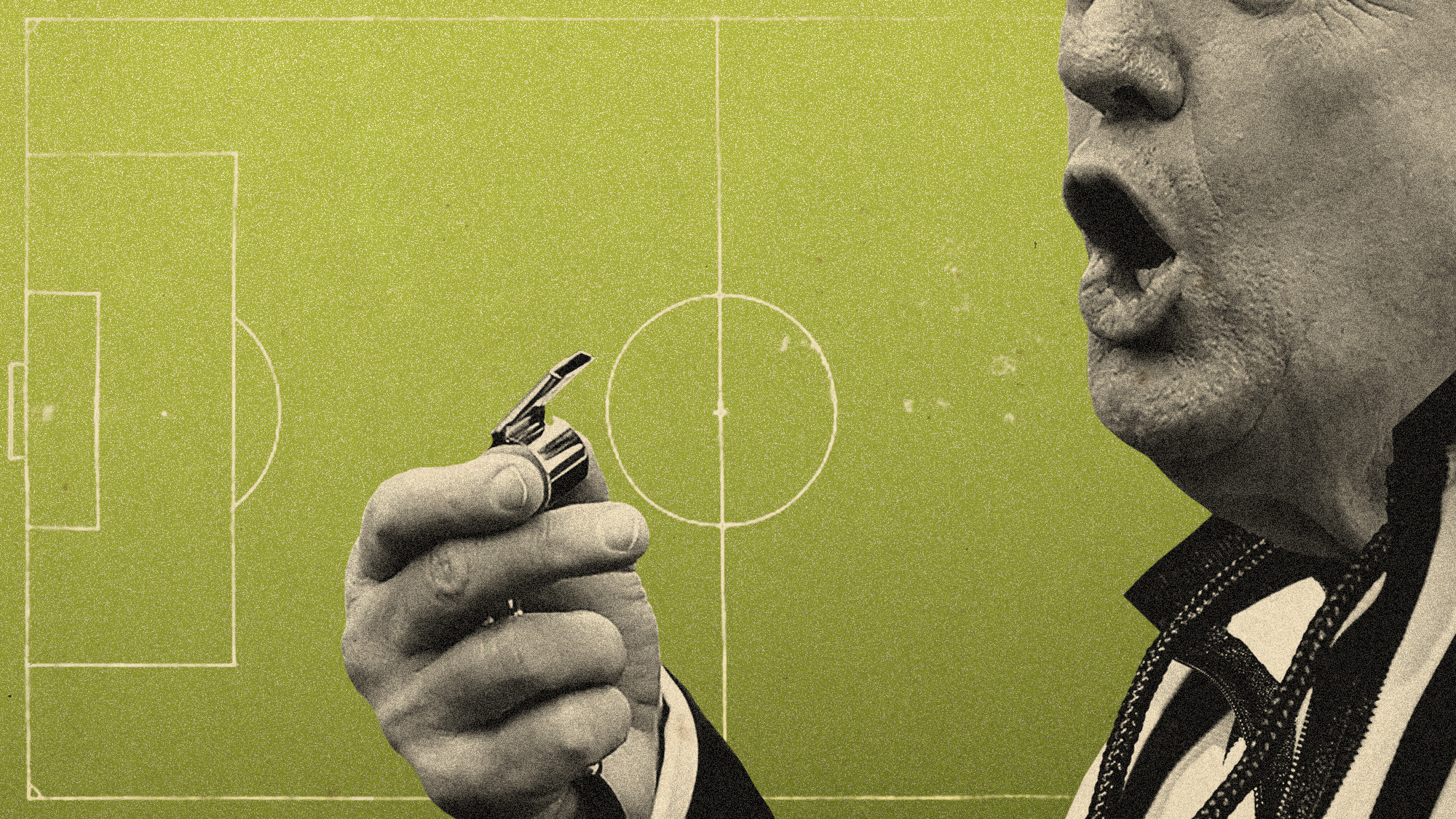 Will 2026 be the Trump World Cup?
Will 2026 be the Trump World Cup?In the Spotlight US president already using the world’s most popular football tournament to score political points
-
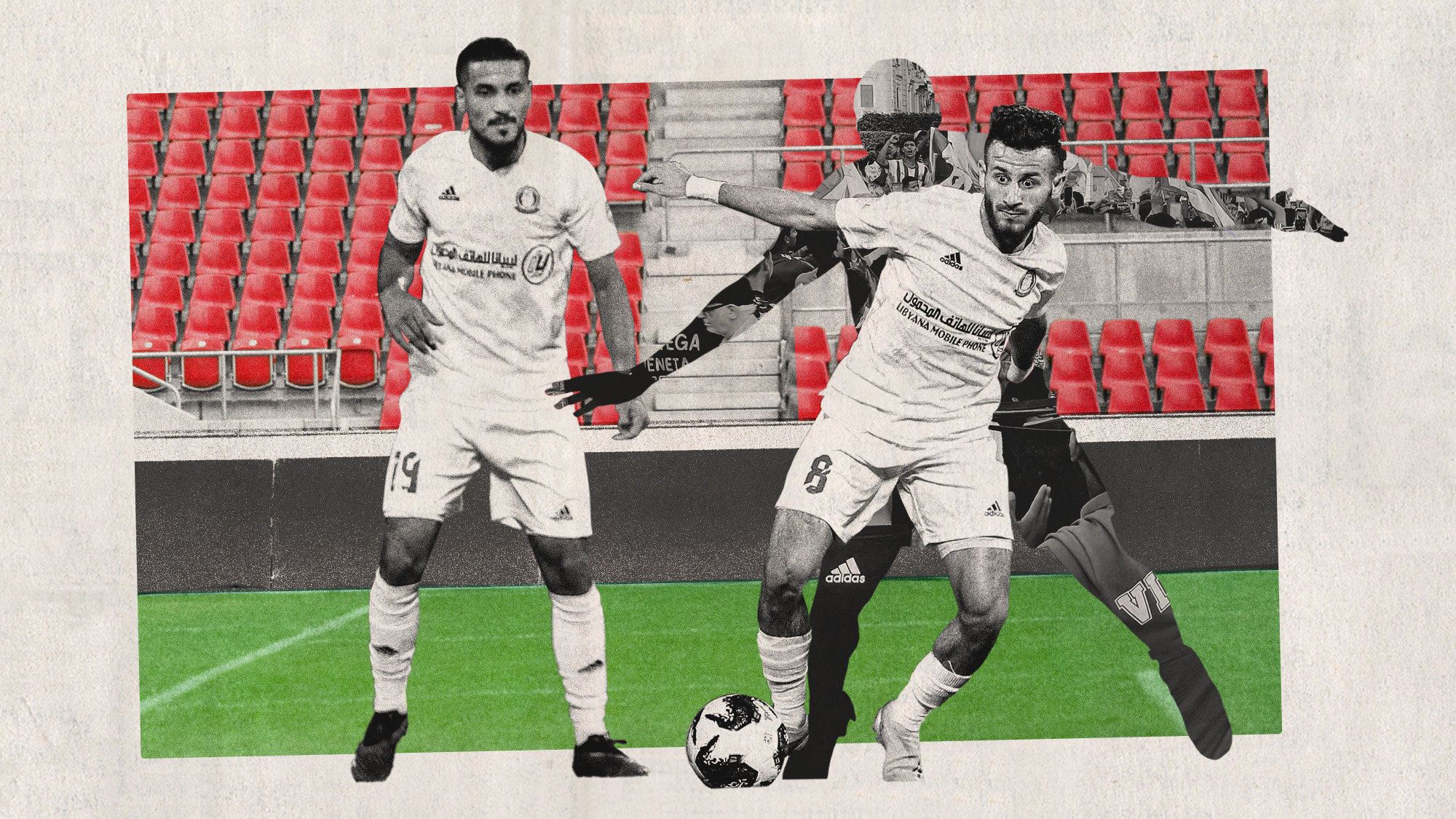 Libya's 'curious' football cup, played in Italy to empty stadiums
Libya's 'curious' football cup, played in Italy to empty stadiumsUnder The Radar 'Curious collaboration' saw Al-Ahli Tripoli crowned league champions in Milan before a handful of spectators
-
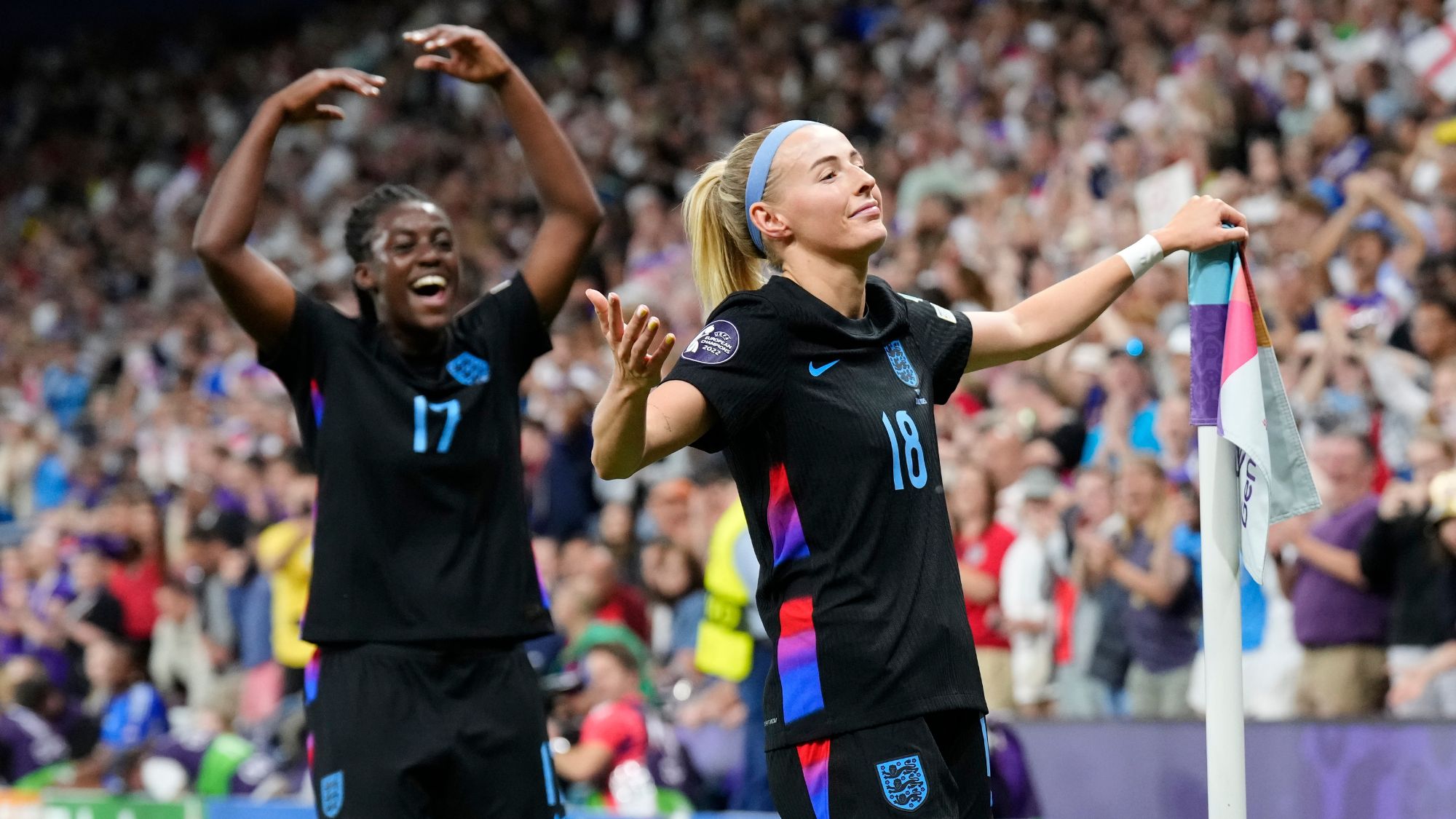 Crisis? What crisis? How Lionesses made the Euros final against the odds
Crisis? What crisis? How Lionesses made the Euros final against the oddsAmid injuries and questions about form, England's women are one step away from glory
-
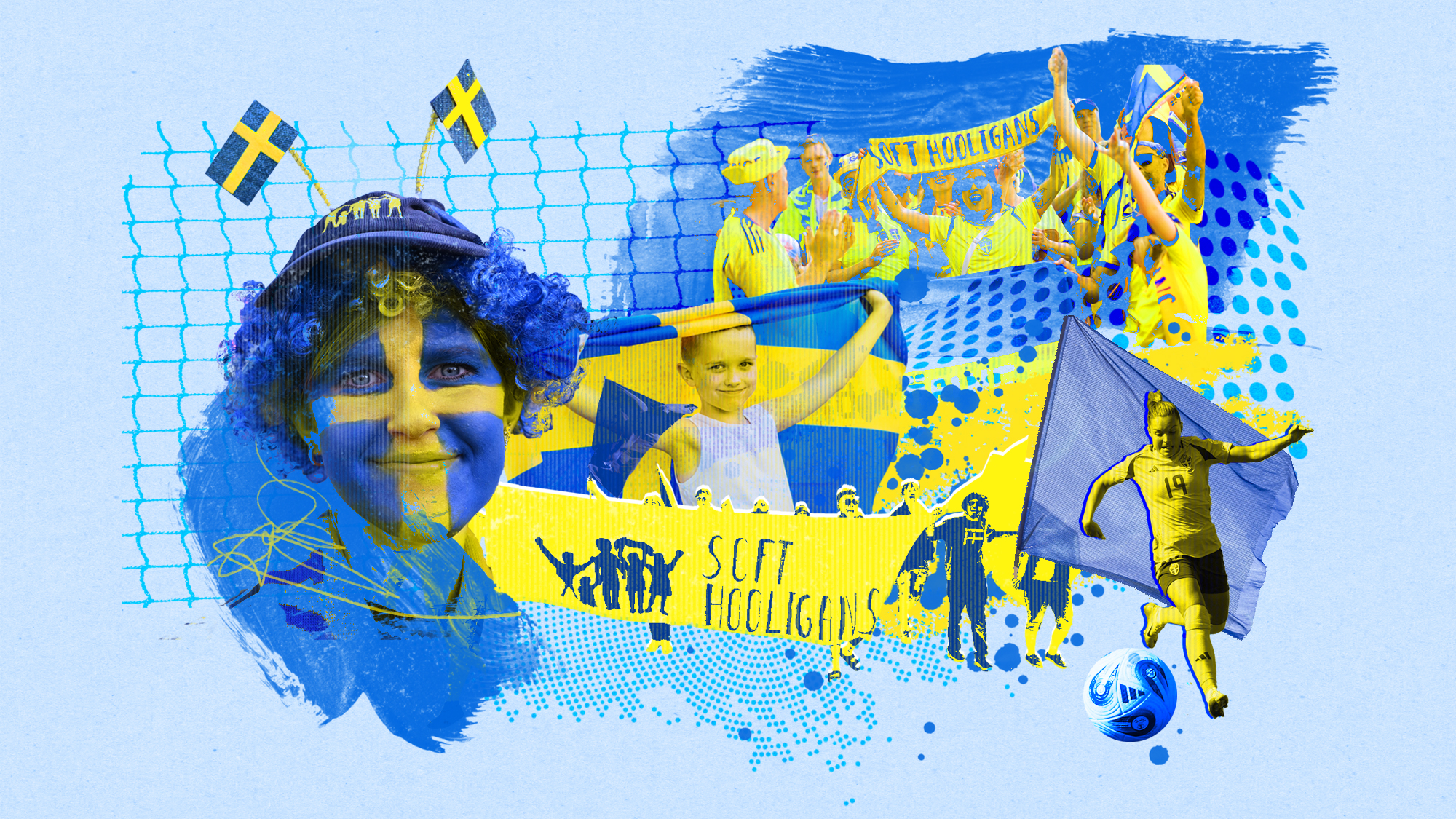 Sweden's Soft Hooligans: the fans who brought 'good vibes' to the Euros
Sweden's Soft Hooligans: the fans who brought 'good vibes' to the EurosUnder the Radar Formed to create a fun fan atmosphere, the Swedish football supporter group has been bringing the party to the championship